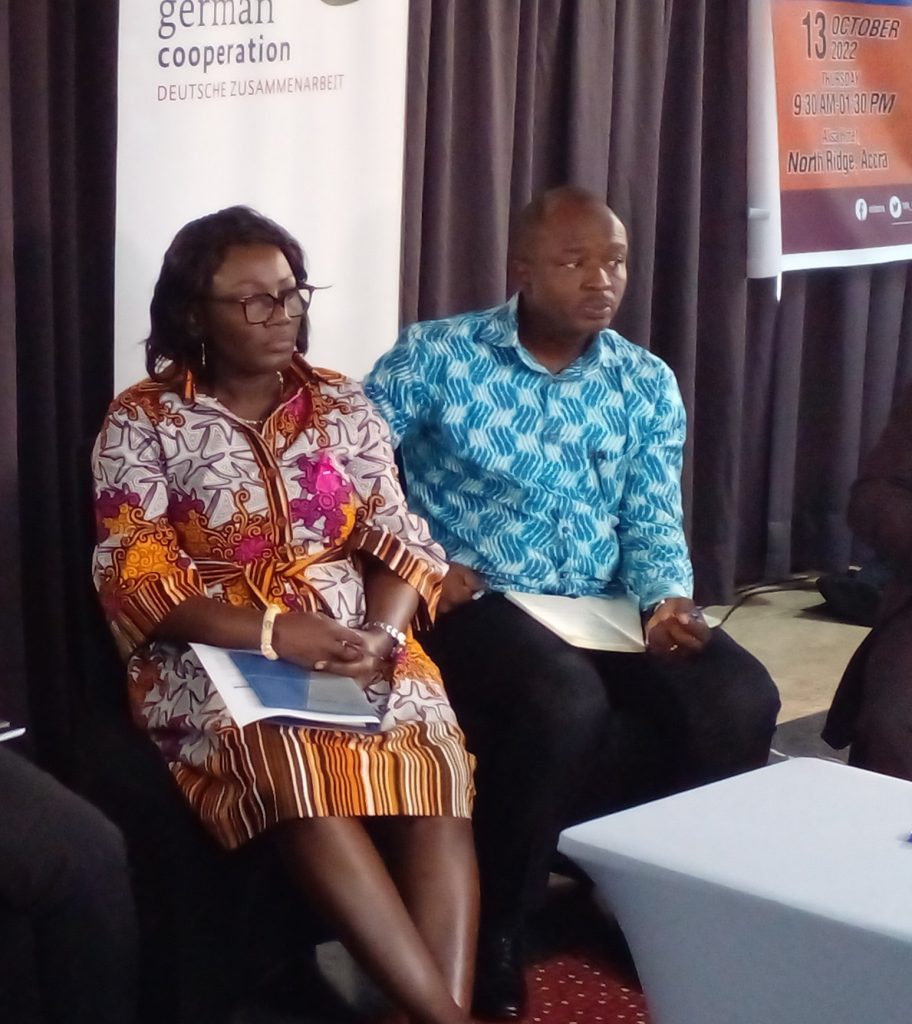By Issah Mohammed
Accra, Oct 14, GNA – Ghana runs a risk of having a sick population in future and a food security challenge due to the increasing rate of harmful chemical residue found on food produce.
This is because of the contamination of soil and water beds with harmful chemicals through illegal mining activities-Galamsey and the wrong use of pesticides.
“If you should do an analysis, either microbial or physiochemical analysis on the produce on our farms, a lot of it is being contaminated,” said Mr Nlaliban Wujangi in an interview with the Ghana News Agency.

The Director for Food and Agriculture at the Chamber of Agribusiness who is also an African Continental Free Trade Area (AfCFTA) Focal Person, warned that the country’s Cocoa which is a major export earner also risked being rejected on the market if major interventions are not carried out to end the Galamsey menace.
He observed that, even though there was a withdrawal period to take away chemical residue on food stuff especially when fertilizer had been applied, the non-adherence with the period and the heavy concentration of harmful mining chemicals highly contaminated the food produce.
“Even when the rain falls it is not able to take out all the chemicals because of the high concentration of chemicals used for galamsey
He said the ongoing tests had suggested that the contamination of food produce which was thought of to be a problem predominated in mining areas has taken a national character due to the impact of illegal mining on the water bodies.
“It is a national issue as water finds its way, anywhere water originates and goes to, we have a risk there.
“We thought Galamsey was happening down south in the Western and Eastern region however, there is even some part of the Northern regions where there is some form of Galamsey,” he said.
He said the Chamber had made efforts to notify the Government through its representatives on various joint committees with the Ministry of Food and Agriculture and participation in donor-funded programmes.
“One other thing we might end up doing very soon is calling an entire press conference purposely to address that issue,” he said.
He advocated a holistic approach to addressing the issue which would require the implementation of sustainable alternative livelihood programmes for persons involved in the practice.
GNA